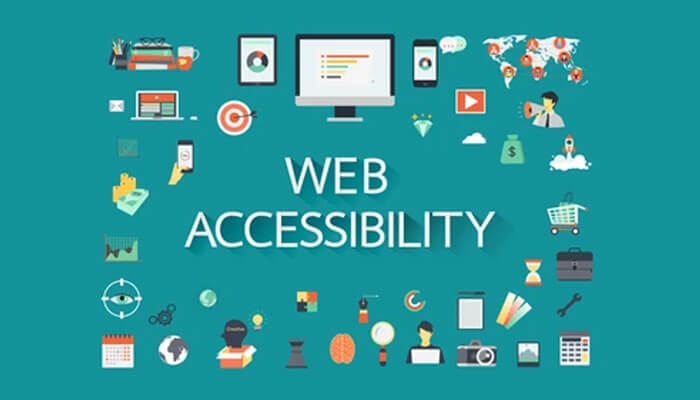A website is necessary for your online business to reach more customers quickly. However, you should make sure that your website is accessible to everyone while promoting a product or service. Since the number of people who use digital devices is increasing these days, your website should engage them properly. This will help improve your business with high success rates. If you want to connect with more people online, then you should make your website accessible to them with ease. Moreover, you should implement some strategies to enhance the accessibility of your website online.
What are the ways to make your website accessible to everyone?
1. Choose the best designs
You should choose the best web design with attractive features that influence visitors significantly. As a website owner, you should select designs that fit your online business while promoting your product or service. The designs should represent your brand and other things to create better impressions.
2. Design your forms
You should optimize forms on your website for easy navigation purposes. Ensure that each form is very adjacent to the respective box. Moreover, each box has a color when users fill it incorrectly. You can organize fields or related things into groups with field sets. For instance, you can organize the name and date of birth under personal details.
3. Choose a content management system
Choose a content management system that works well for your website. However, you should select the templates or themes which are accessible by visitors. They allow you to enhance your website’s visibility in search engines.
4. Use colors wisely
You should consider using colors wisely for your content management and other things to get the desired outputs. The colors should also satisfy the needs of disabled people to read the information without any difficulties.
5. Use tables only for data and not for layout
You shouldn’t use tables for layout purposes because they will lead to various problems. It is wise to create tables only for putting the data and not for other applications.
6. Optimize audio, images, videos, and text
You should consider optimizing audio, video, images, and text on your website for easy accessibility. Use the alternative text on images to ensure proper website optimization.
7. Use ARIA roles and attributes wherever necessary
You can use ARIA roles and attributes for adding accessibility to those elements or to hide information. However, you should use them only when necessary which will help get the best results.
8. Optimize your links
You should optimize links on your website that can make your website accessible to everyone with ease. Optimizing links also help gain high visibility in search engines.
9. Structure your content
You should structure your content with appropriate subheadings that make your website well-organized. Apart from that, it will help attract more visitors to your website.
10. Use simple website designs
A simple and clean web design enables visitors to understand your content and other things easily. Simple designs will reduce bounce rates and other problems effectively.
11. Use visible interactive page elements
Use visible interactive page elements like unique links and buttons. They allow you to improve e your website’s navigation.
12. Keep the website keyboard friendly
Make sure that your website is keyboard friendly for brand identity purposes. Besides, it allows you to ensure better navigation.
13. Include multiple contact options
You should include multiple contact options for disabled people and others when they want to buy a product.
14. Avoid using flickering content
Avoid flickering content on your website because it will distract and annoy the users.
15. Test your website continuously
Test your website continuously with various tools that help enhance brand identity and user experience considerably.




